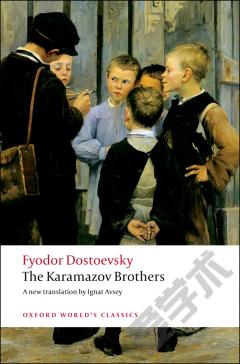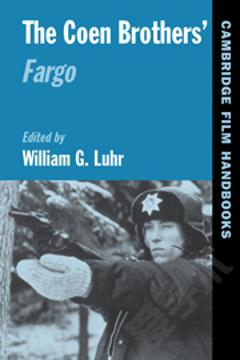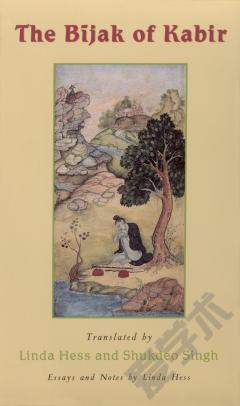The Karamazov Brothers
Dostoevsky's last and greatest novel, The Karamazov Brothers (1880),is both a brilliantly told crime story and a passionate philosophical debate. the dissolute landowner Fyodor Pavlovich Karamazov is murdered; his sons - the atheist intellectual Ivan, the hot-blooded Dmitry, and the saintly novice Alyosha - are all at som elevel involved. Bound up with this intense family drama is Dostoevsky's exploration of many deeply felt ideas about the existence of God, the question of human freedom, the collective nature of guilt, the disastrous consequences of rationalism. The novel is also richly comic: the Russiam Orthodox Church, the legal system, and even the author's most cherished causes and beliefs are presented with a note of irreverence, so that orthodoxy and radicalism, sanity and madness, love and hatred, right and wrong are no longer mutually exclusive. Rebecca West considered it "the allegory for the world's maturity", but with children to the fore. This new translation does full justice to Dostoevsky's genius, particularly in the use of the spoken word, which ranges over every mode of human expression. the disastrous consequences of rationalism. The novel is also richly comic; the Russian Orthodox Church, the legal system, and even the author's most cherished characters and causes are presented in an irreverent light, so that there appears no sharp distinction between health and disease or right or wrong.
{{comment.content}}








 京公网安备 11010802027623号
京公网安备 11010802027623号